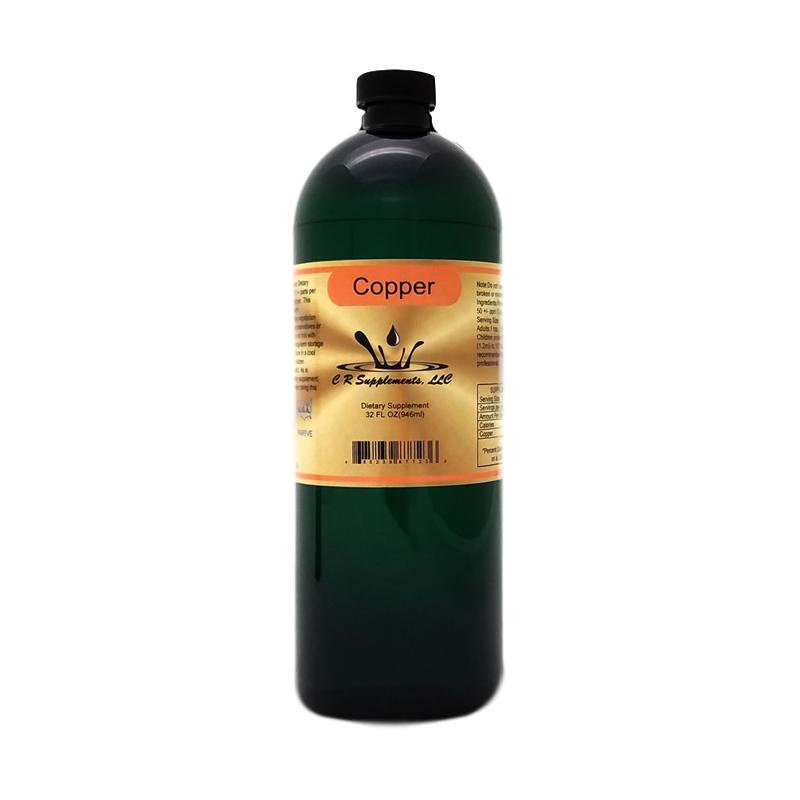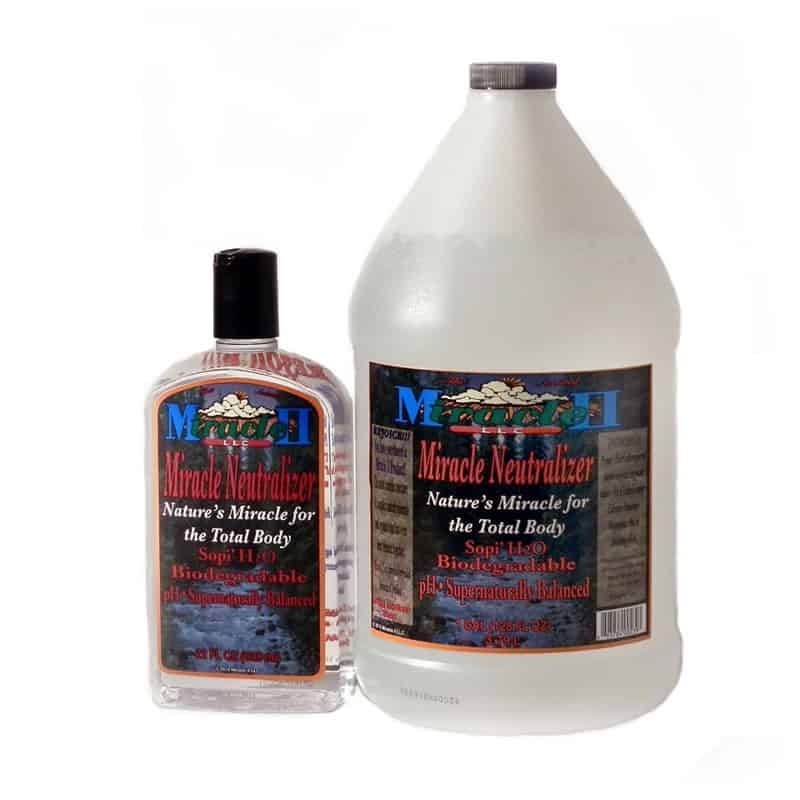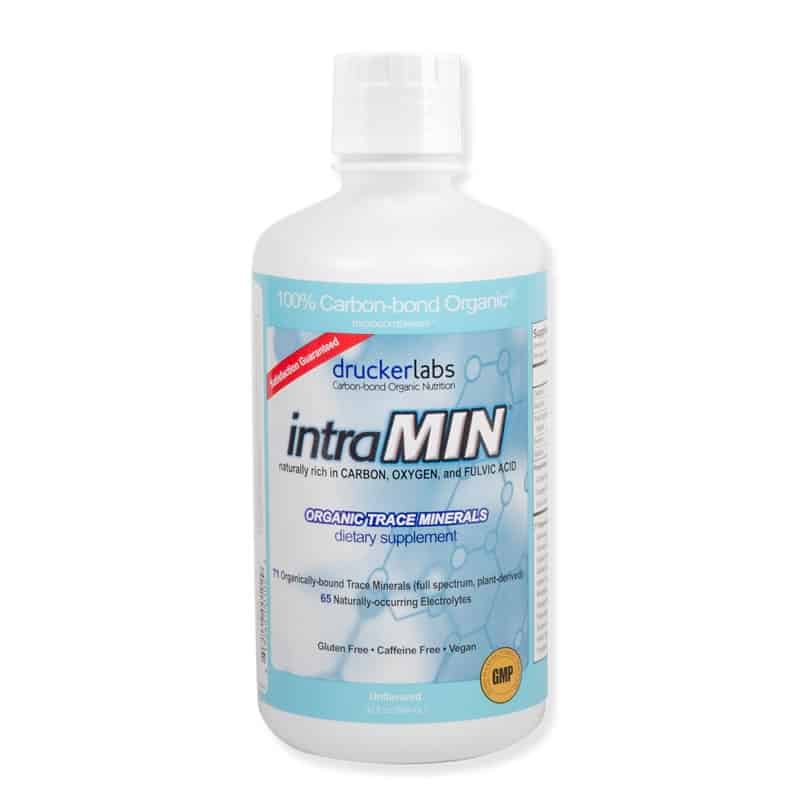No products in the cart.
Copper is essential for utilization of vitamin C and iron, energy, enzymes involved in healing, nerves and RNA (longevity). Most “dietary” Copper comes from water pipes and is poorly and improperly utilized. Food sources are best as Nutritional Yeast, Whole Grains, Green Leafy Veggies, Almonds, Lentils, Garbanzos, Spirulina, Kelp and Dulse. Essential for utilization of iron in the production of good blood, thus critical to energy. Many copper-dependent enzymes are involved in healing. Also involved in forming the myelin sheath which assures proper nerve function and good signals from the brain to all systems.
Necessary for production of RNA making copper an indirect force for youth and longevity. Copper deficiency is not rare as once thought. Poor utilization of the crude supplemental forms confuses the issue. Plant-life-created sources are safe and well-utilized. Copper deficiency is correlated with birth defects in animals and people. Other signs of low copper include elevated cholesterol, anemia and weakened immune system. Adequate copper availability is related to vitamin C utilization and formation of elastin. Copper is involved in bone structure and the dark color component of skin and hair.
Role of Copper in Your Body
Energy production, female reproductive system, blood formation. Important in circulatory, structure of blood vessels, aorta and heart muscle, blood – formation of hemoglobin, nervous system – maintenance of the myelin sheath on nerves, reproductive – essential for fertility, menstrual cycle, endocrine – synthesis of stimulatory neurotransmitters, muscular/skeletal – bone and connective tissue structure, immune system – necessary for the immune system, integumentary – needed for skin, hair, nails and pigments, energy – energy production (the electron transport system).
Copper Deficiency Symptoms: anemia, atherosclerosis, fatigue, demyelination of nerves, diarrhea, edema, hair loss, impaired collagen formation, low hormone production, low on hair color, osteoporosis.
Copper Excess Symptoms: Acne, adrenal insufficiency, allergies, alopecia, anemia, anorexia, anxiety, arthritis, autism, cholesterol, elevated, cancer, cystic fibrosis, depression – mental, diabetes, estrogen (imbalance), fatigue, fears, fractures – bone, headaches (migraine), hemorrhages, heart disease, hyperactivity, hypertension, hyperthyroidism, hypoglycemia, infections, inflammation, insomnia, mind racing, mood swings, multiple sclerosis, myocardial infarction, nausea, pancreatic dysfunction, premenstrual tension, schizophrenia, sexual inadequacy, spaciness, strokes, tooth decay, urinary tract infections, vitamin deficiencies.
Synergetic Nutrients – Absorption – proteins
Antagonistic Nutrients
– Absorption – zinc, manganese, iron, calcium, molybdenum, sulfur, mercury, cadmium, vitamin C
Metabolic – zinc, vitamin C, vitamin B6, sulfur, molybdenum, manganese, iron
Hair Analysis Notes
Bio unavailable copper: Often copper status can be tricky to assess. Copper may be present, but unavailable for use in the body. This occurs any time adrenal gland activity is low.
Copper and Oxidation Type: Fast oxidizers generally are deficient in copper, while slow oxidizers usually have either high copper or bio-unavailable copper.
Hidden Copper Toxicity: Copper is often normal on hair tests, but may actually be locked in body tissues.
Reasons For Supplementation with Copper
To raise low sodium/potassium.
To enhance retention of calcium in tissues.
Sources:
Seafood – oysters, crabs, bluefish, perch, lobster
Nuts/seeds – almonds, pecans, walnuts, filberts, brazils, sesame, sunflower, pistachio
Vegetables – soybeans
Grains – wheat germ and bran
Miscellaneous – yeast, gelatin, bone meal, corn oil, margarine, mushrooms, chocolate
Other sources – copper water pipes, copper sulfate added to drinking water, copper compounds used in swimming pools, mineral supplements (especially prenatal vitamins), copper cookware and tea kettles, birth control pills, copper intrauterine devices, vegetarian diets, stress, exhaustion of the adrenal glands.
Many children are born today with excessive copper levels passed to them from their mothers in utero.
Supplementary Vitamins used to lower Copper:
vitamin C, vitamin B3, vitamin B6, folic acid
The Effects of Copper on Personality
Key words: gentleness, intuitiveness, fertility, emotionality, a feminine mineral
Low Copper: lack of emotional response, (very low hair copper – less than 10 ppm – often indicates hidden high copper, especially in slow oxidizers)
High Copper: gentle, childlike innocence, sensitive, artistic; in excess – effeminate, sentimental, childish, fearful, “spacey”, depressed, mood swings, and serious mental disorders including schizophrenia, panic attacks, hallucinations, violent behavior and psychosis.







